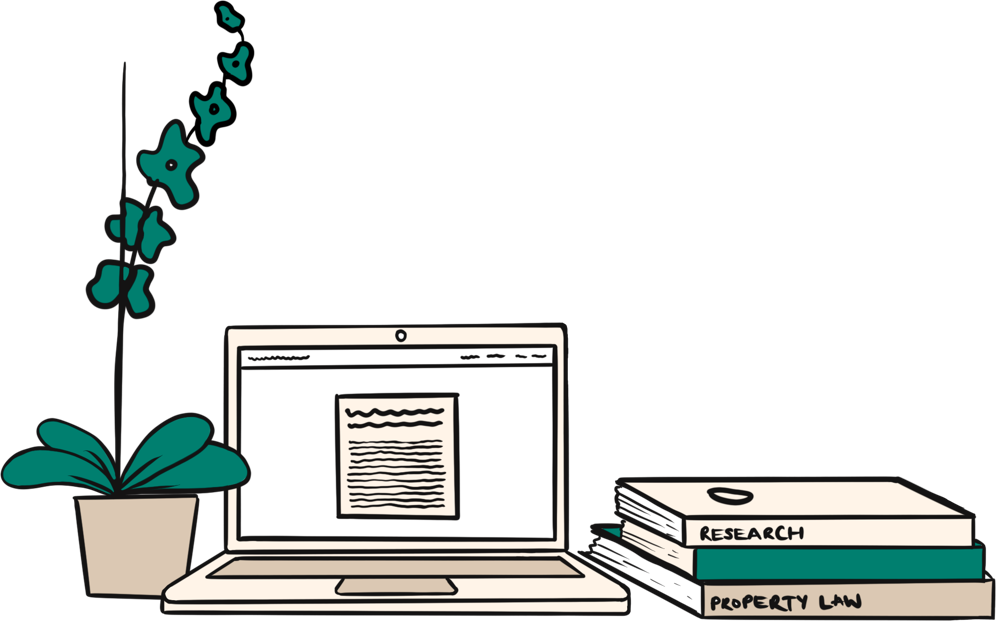So, you’ve decided this is the year to buy a new place? That’s fantastic! It’s an exciting goal, but let’s be honest – there’s a fair bit of work involved in making it happen.
Don’t worry though, we’re here to guide you through everything from getting your finances to having your offer accepted and getting right through to exchange and completion.
Think of this as your roadmap to homeownership. We’ll cover all the key steps, helping you navigate the process with confidence. Whether you’re a first-time buyer or looking to move up the property ladder, this guide will help you stay on track.


